Supreme Court to consider multi-pronged constitutional attack on SEC
SCOTUSBlog
NOVEMBER 27, 2023
The government’s view in this case is that the Constitution affords Congress a broad authority to create new obligations by statute, and that because those statutory obligations were unknown to the common law, they are public rights that Congress can assign to an administrative tribunal without a jury.

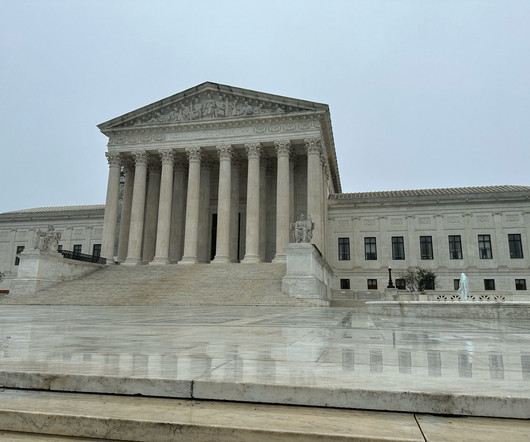

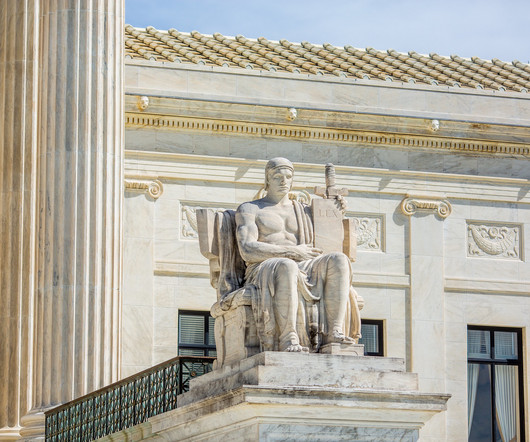
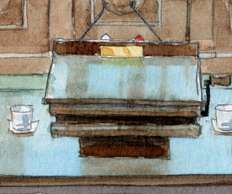

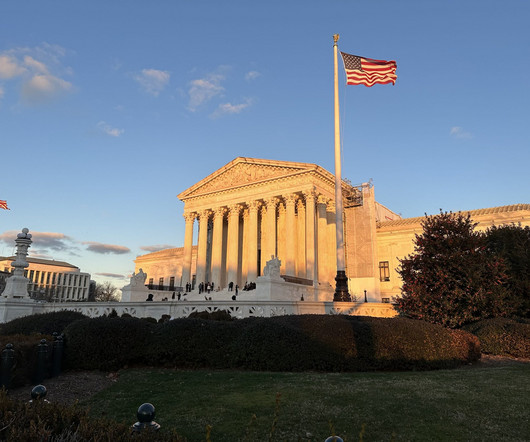
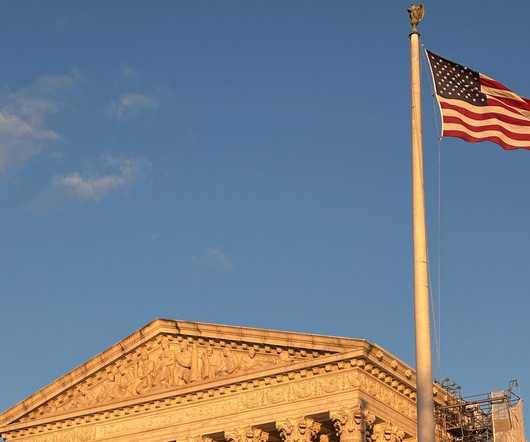
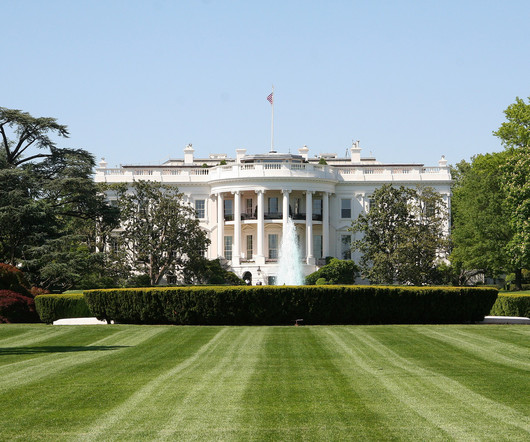









Let's personalize your content